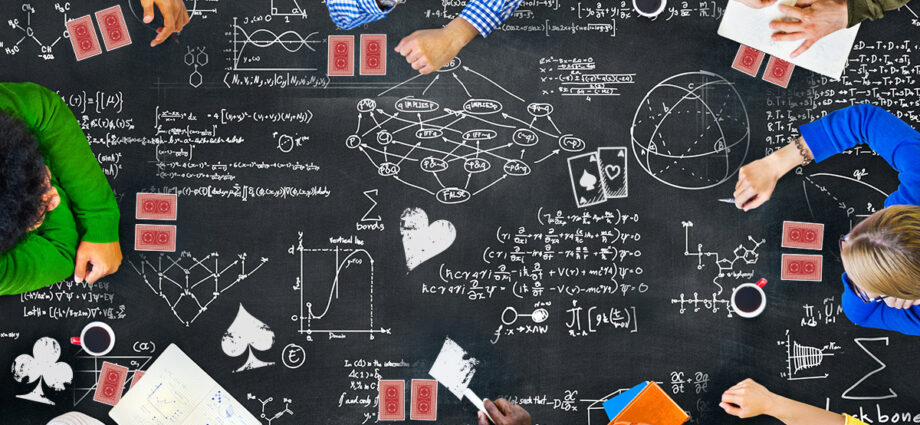Best casino slots in 2023 USA

300% Welcome Bonus |

Choose 100% Bonus |

Take 100% Welcome Bonus |

100% free spins |
We suggest going back 500 years, when the first (believed) mathematical analysis of dice games was performed. According to history, it was not done by a mathematician, but by the Italian physicist Cardano in 1526. By the way, as it turned out, the famous probability theory appeared long before the brilliant Einstein, just this scientist was able to make the science known and popular, due to the fact that he systematized its principles and laws.
Mathematics and gambling
However, let us go back five hundred years, when the mathematics of gambling was born. Cardano was considered an avid gambler. He managed to discover a primitive theory of probability in gambling, which was based on personal losses. At the same time, the scientist tried to give advice to students who wanted to bet. Amazingly, the famous Galileo investigated not only the movement of the planets, but also gambling! He went on to study dice in the late 16th century, and the famous mathematician Pascal (the founder of roulette) helped the science of probability “stand firmly on its feet.”
From all of the above, it turns out that the theory of probability in gambling is the most important point, which makes sense to talk about. Naturally, anyone who has entered a casino is interested in the probability of a favorable outcome of a round (in any game), or, to put it simply, winning.
If we go back to the dice game, it’s not exactly a pleasant picture (for the participant). In this game, unlike the others, there are not so many variational situations and, nevertheless, the chances of winning are rather low. Judge for yourself: if you play with two dice, the total number of probable combinations is only 36. Thus, by elementary mathematical calculation, it turns out that the probability of falling out, for example, the number seven is only 0.167 (1/6). That’s not cheerful at all, is it? If you consider that in all casino games the advantage (because of the rules of the institution) is always on the side of the croupier, you get quite a sad picture – you’re doomed to lose, sooner or later.
Best casino slots in 2023 USA


300% Welcome Bonus |

Choose 100% Bonus |

Take 100% Welcome Bonus |

100% free spins |
The mathematics of gambling proves that it makes no sense for a participant of gambling, putting personal money on the line, if his only goal is to make money. For fun (without fanaticism) you can try your luck, because according to the theory of probability, you always have a chance to snatch a big score. It’s small, but it’s there. So you can already study the top live dealer casinos and choose the best solution for the game.

